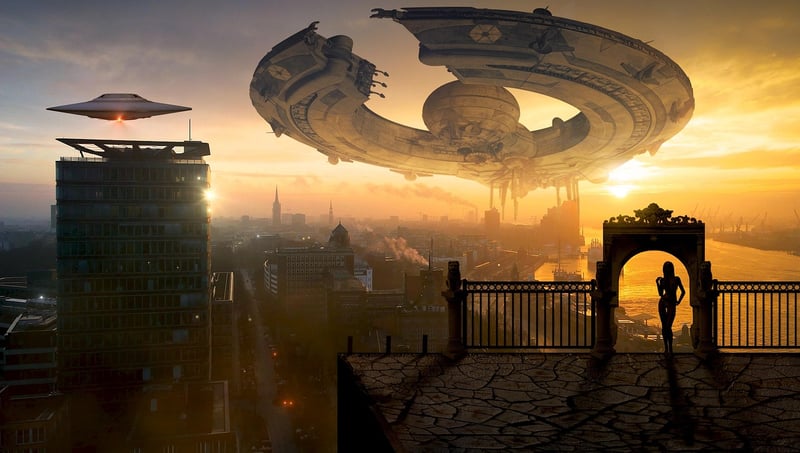Paradox Consequences
The Hazards of Time Travel and Paradox Consequences
Time travel has long captured the imagination of humans, with countless works of fiction exploring its possibilities. However, the concept of time travel comes with its own set of hazards and paradoxes that can have dire consequences. Let's delve into some of the dangers associated with time travel and the potential paradoxes that could arise.
The Hazards of Time Travel:
1. Altering the Past:
One of the most significant hazards of time travel is the possibility of altering the past. Even a seemingly small change in the past can have ripple effects that drastically alter the course of history. This could lead to unintended consequences and potentially catastrophic outcomes.
2. Changing the Future:
Similarly, traveling to the future and gaining knowledge of upcoming events can tempt individuals to try and change the course of events. However, such interference could lead to a future that is vastly different from the one originally observed, causing chaos and confusion.
3. Temporal Displacement:
Time travel itself can be a hazardous endeavor, with the potential for temporal displacement. Traveling through time could result in individuals becoming lost in time or ending up in an unknown and dangerous era with no way of returning to their original timeline.
Paradox Consequences:
1. Grandfather Paradox:
The Grandfather Paradox is a well-known time travel paradox that involves a person traveling back in time and accidentally preventing their grandparents from meeting. This would result in the person never being born, leading to a paradoxical situation with no clear resolution.
2. Bootstrap Paradox:
The Bootstrap Paradox occurs when an object or information is sent back in time in an infinite loop with no origin. This paradox raises questions about causality and the origins of objects or information, creating a logical loop with no definitive answer.
3. Predestination Paradox:
In the Predestination Paradox, an event is said to be both its own cause and its own effect. This paradox challenges the notion of free will and suggests that certain events are predetermined and inevitable, regardless of attempts to change them through time travel.
While the idea of time travel is fascinating, it is essential to consider the hazards and paradoxes that accompany it. The consequences of altering the past or creating paradoxes could have far-reaching effects on the fabric of time and reality itself.

Exploring the complexities of time travel and paradoxes can offer valuable insights into the nature of cause and effect, destiny, and the fragility of the space-time continuum.
